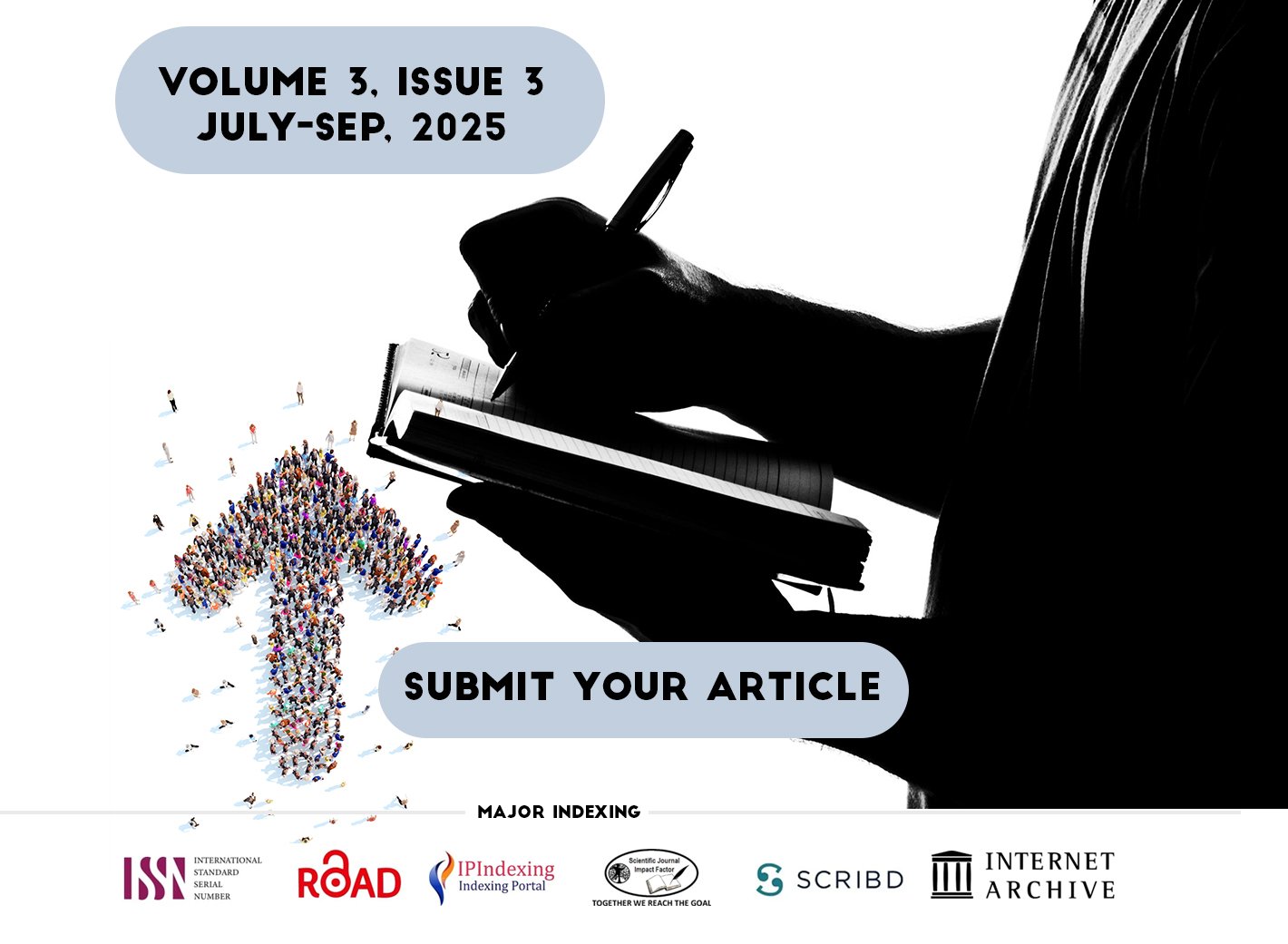The doctrine of frustration states that a promisor is exonerated of all legal obligations under a contract in the event that if an unanticipated incident makes it impossible for a party to perform its duties under the agreement. Legally speaking, it is unjust to force the party who feels wronged to follow the provisions of the agreement in such circumstances. Therefore, the law considers the contract to be frustrated for all purposes, relieving this person of their obligations.
UNDERSTANDING THE RECENT AMENDMENTS IN COMPANY LAW :
n an effort to make doing business easier, companies are proposing to amend the Companies Act to strengthen the gatekeepers of good governance, or corporate governance, which are independent directors and auditors. They also want to increase transparency in company affairs and permit companies to issue fractional and discounted shares. Discounted shares will enable a company experiencing financial difficulties to convert debt to equity, while fractional shares, which are now forbidden by the Companies Act, will facilitate access to high-value shares for ordinary investors.






